Historic GST Bill passed in Lok Sabha; now a step closer to meet July 1 rollout target deadline
Thu 30 Mar 2017, 08:37:38
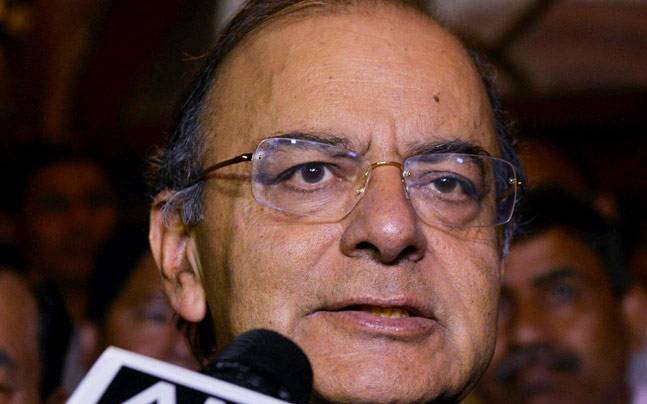
In a historic move today the Lok Sabha has passed the four (supplementary) GST Bills that were tabled by Finance Minister Arun Jaitley. This came in the wake of an over 8-hour marathon session in the House that was marked by a lot of tug and pull as the Opposition tried to catch the government off guard as well as point out weaknesses that have been overlooked in its various proposals. However, FM Jaitley allayed the fears expressed by all and said that the government has taken all precautions to ensure that the country gets the best possible law that will be applicable on the entire country. After the passage of the Bill, Jaitley said, “With Lok Sabha having approved all four laws that Centre is supposed to legislate through Parliament, I think significant step forward has been taken. We are virtually seeing history in the making because we are now going to be transforming into a new system of indirect taxation.” The Finance Minister said he is reasonably optimistic about meeting the deadlines.
GST has been called the biggest reform in India’s tax laws since Independence. The new law will subsume central excise, service tax, VAT and other local levies to create a uniform market across India. The biggest benefit GST is likely to be the adding of about 2 per cent GDP growth to India, plus also ensure tax evasion is reduced.
Speaking earlier, FM Jaitley said the tax rates will be kept at the current levels so as not to have any inflationary impact. Introducing four bills to give effect to the Goods and Services Tax (GST), Jaitley had said the legislations will have to be passed by Parliament and one by each of the state assemblies to turn India into one market with a single tax
rate.
rate.
With the passage of the four supplementary legislations the GST regime has come one step closer to meet its July 1, 2017 rollout deadline target. The Central GST Bill, 2017; The Integrated GST Bill, 2017; The GST (Compensation to States) Bill, 2017; and The Union Territory GST Bill, 2017 were passed today but not before facing some hurdles in the form of amendments moved by the opposition parties, but they were rejected.
Speaking on the issue earlier Jaitley said the GST will have a big impact on the Indian economy as it will usher in a uniform indirect pan-India tax regime across the country, and will also make commodities “slightly cheaper”. Among the positives that Jaitley highlighted stemming from the passage of the GST Bill and its implementation thereafter was that the harassment of businesses by authorities concerned, which is a big negative in India, will end and there will be just one rate for one commodity no matter in which region of the nation they were.
Explaining how some prices may fall after GST is implemented, Jaitley said: “Today you have tax on tax, you have cascading effect. When all of that is removed, goods will become slightly cheaper”. Jaitley also explained the opting of multiple GST rates by the government by saying that one rate would be ‘highly regressive’ simply because a ‘hawai chappal and BMW cannot be taxed at the same rate’.
After the four supplementary GST bills passed in Lok Sabha, Home Minister Rajnath Singh said GST bill was an important bill and post implementation, undoubtedly it will increase the GDP of the country.
No Comments For This Post, Be first to write a Comment.
Most viewed from National
Most viewed from World
AIMIM News
Latest Urdu News
Most Viewed
May 26, 2020
Do you think Canada-India relations will improve under New PM Mark Carney?
Latest Videos View All
Like Us
Home
About Us
Advertise With Us
All Polls
Epaper Archives
Privacy Policy
Contact Us
Download Etemaad App
© 2025 Etemaad Daily News, All Rights Reserved.

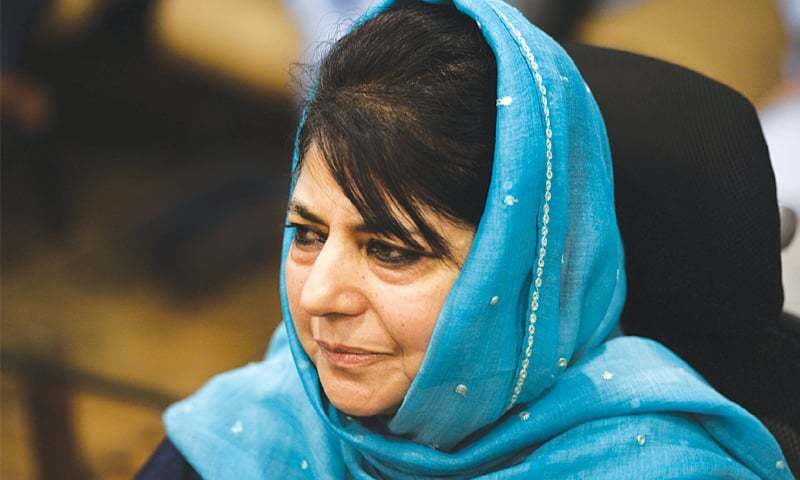



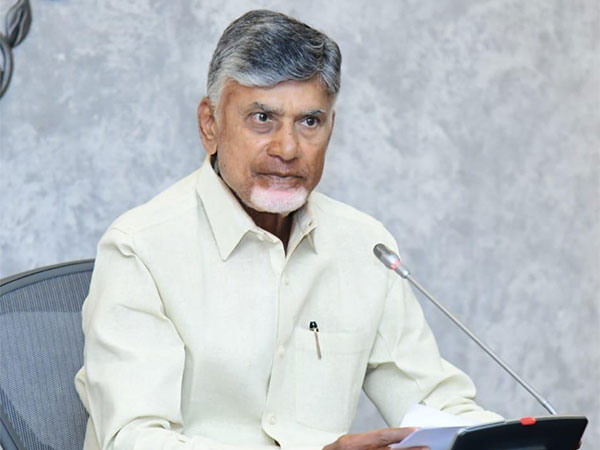

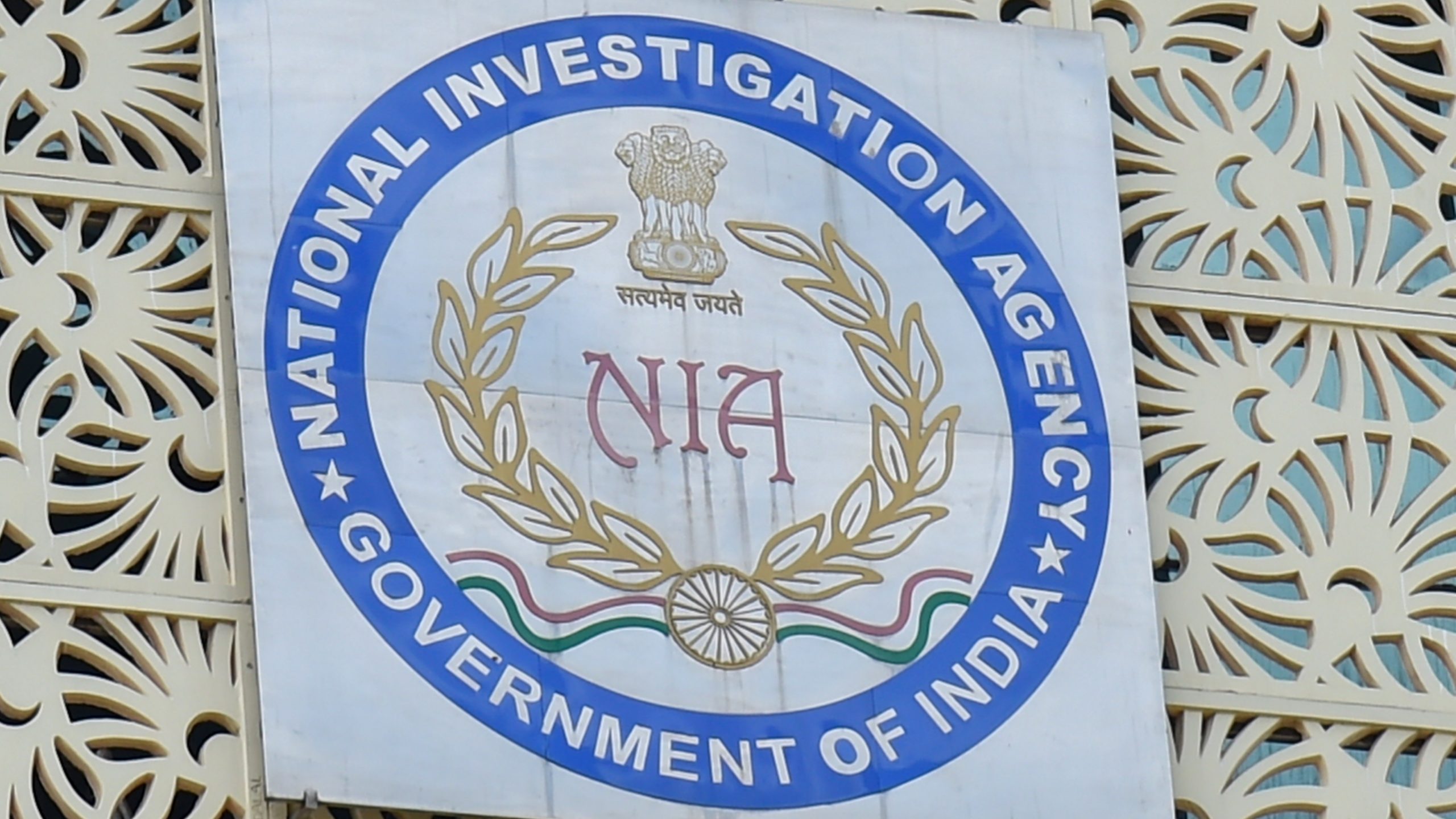
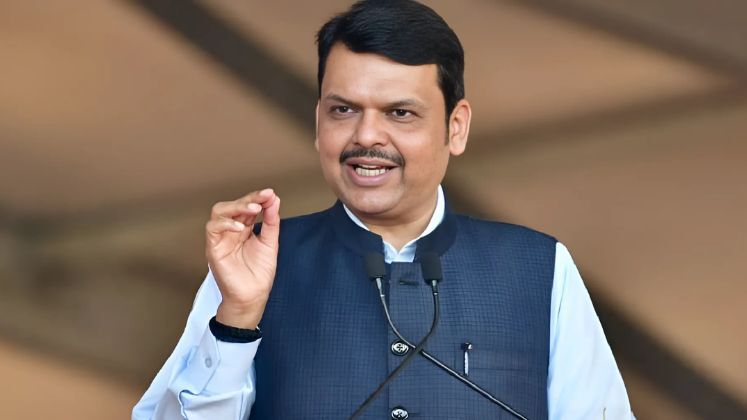
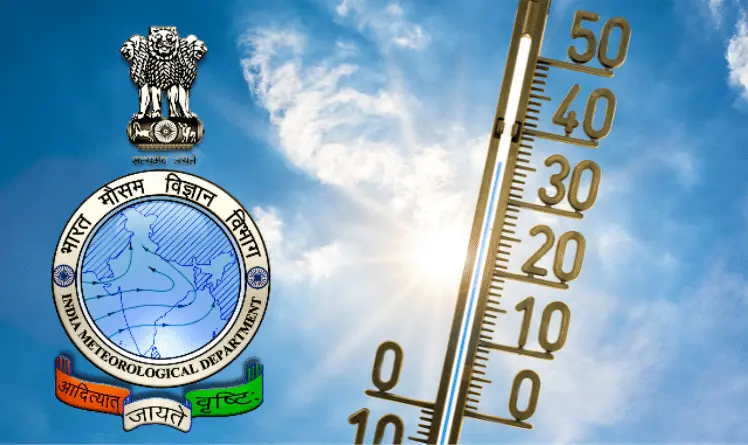
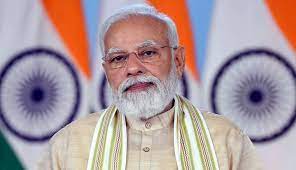
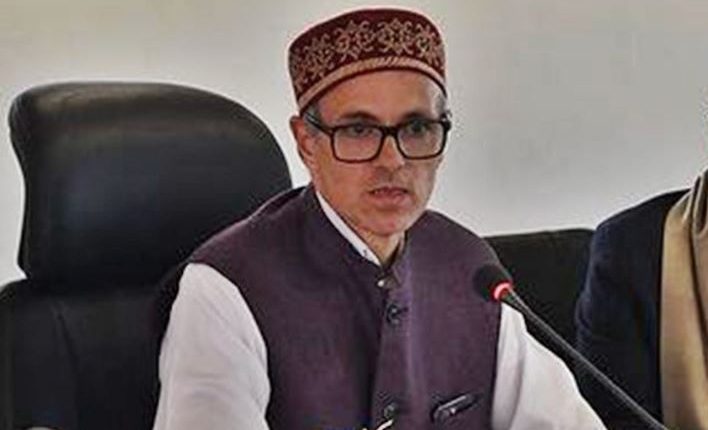

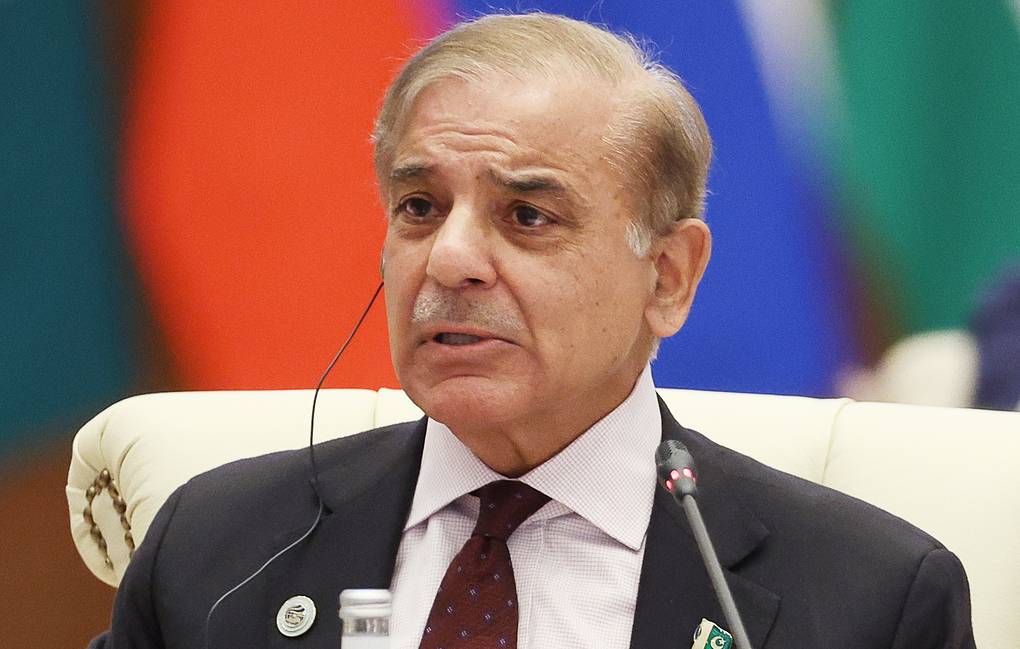


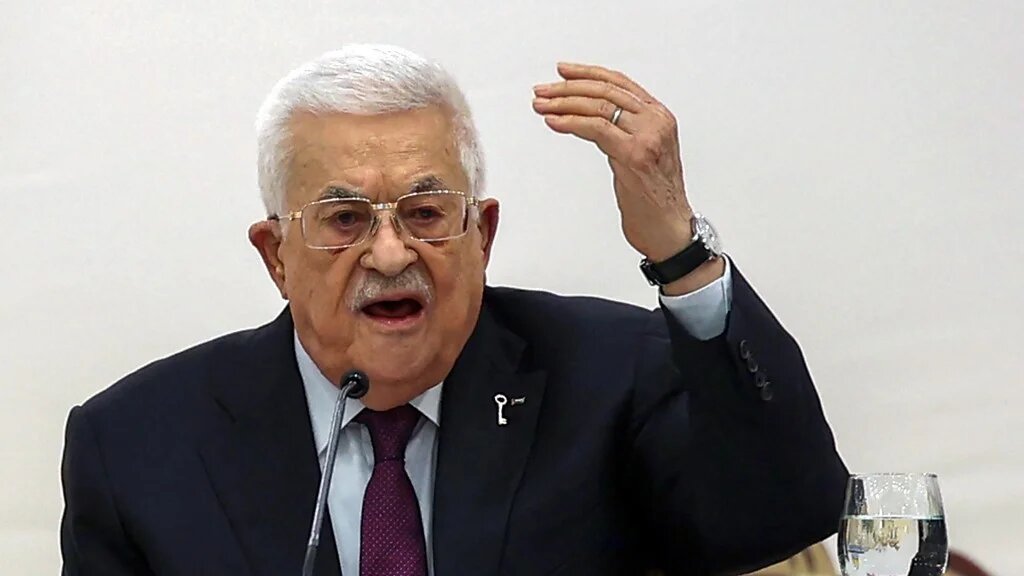


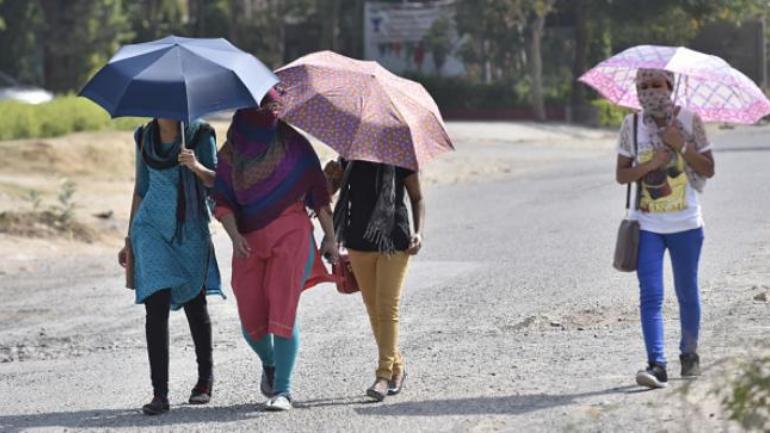
.jpg)
.jpg)
.jpg)
.jpg)
.jpg)

















